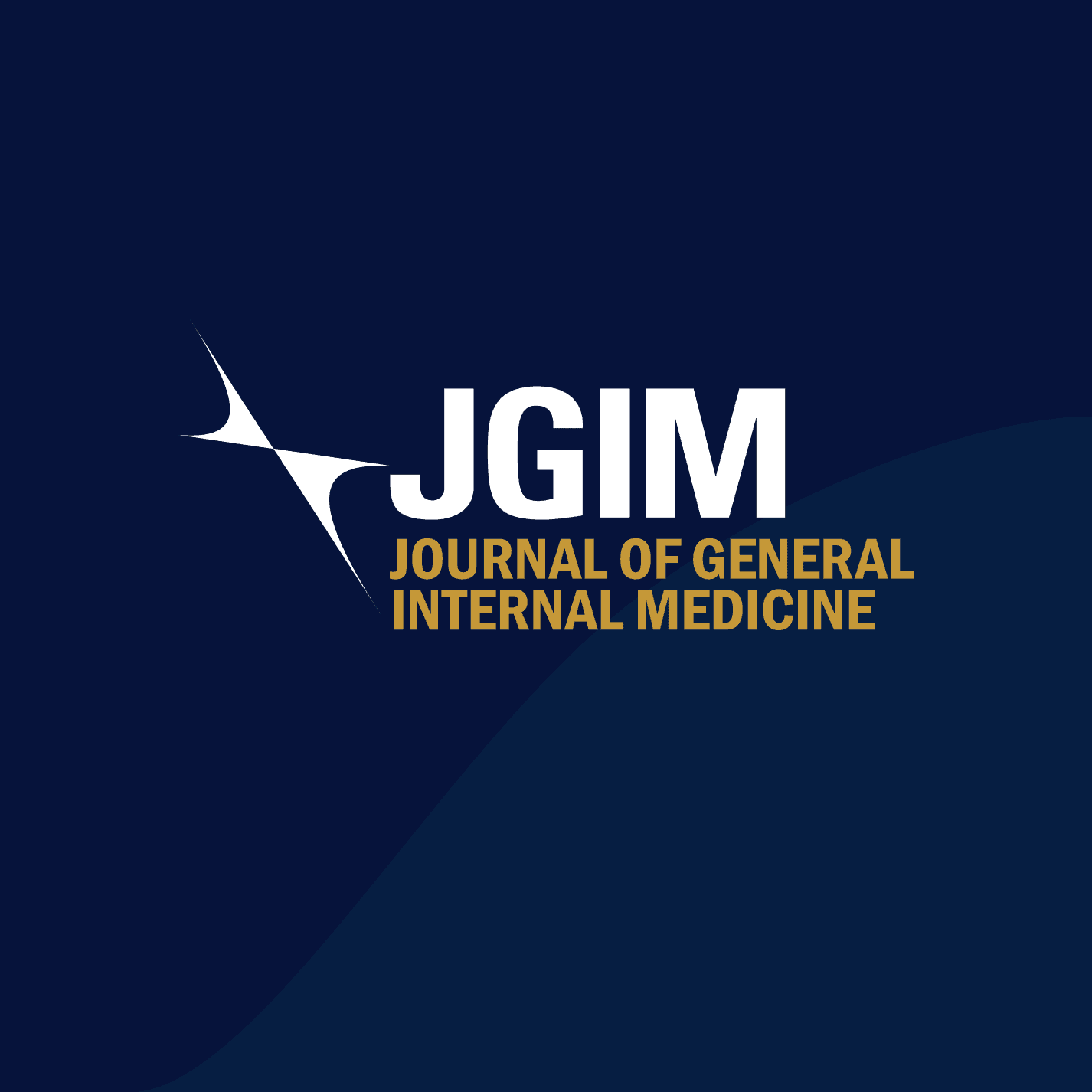Abstract
The practice of clinical medicine is imbued with uncertainty. The ways in which clinicians and patients think about, communicate about, and act within situations of heightened uncertainty can have significant implications for the therapeutic alliance and for the trajectory and outcomes of clinical care. Despite this, there is limited guidance about the best methods for physicians to recognize, acknowledge, communicate about, and manage uncertainty in clinical settings. In this paper, we propose a structured approach for discussing and managing uncertainty within the context of a clinician-patient relationship. The approach involves four steps: Recognize, Acknowledge, Partner, and Seek Support (i.e., the RAPS framework). The approach is guided by existing literature on uncertainty as well as our own experience as clinicians working at different stages of career. We define each component of the approach and present sample language and actions for how to implement it in practice. Our aim is to empower clinicians to regard situations of high uncertainty as an opportunity to deepen the therapeutic alliance with the patient, and simultaneously to grow and learn as practitioners.
Topic
JGIM
Author Descriptions
Division of Cardiovascular Medicine, Beth Israel Deaconess Medical Center, Boston, MA, USA
Badar Patel MD EdM
Harvard Medical School, Boston, MA, USA
Badar Patel MD EdM, Galina Gheihman MD, Joel T. Katz MD, Arabella Simpkin Begin BMBCh MMSc DPhil & Sonja R. Solomon MD
Department of Neurology, Brigham and Women’s Hospital, Boston, MA, USA
Galina Gheihman MD
Department of Neurology, Massachusetts General Hospital, Boston, MA, USA
Galina Gheihman MD
Division of General Internal Medicine and Primary Care, Brigham and Women’s Hospital, Boston, MA, USA
Joel T. Katz MD & Sonja R. Solomon MD
Lincoln College, University of Oxford, Oxford, UK
Arabella Simpkin Begin BMBCh MMSc DPhil
Share
Related Articles
Perspectives of In-Hospital Intramuscular Naltrexone and Oral Medications for Alcohol Use Disorder: A Study of Addiction Clinicians and Hospitalized Patients
Abstract Background Alcohol-related hospitalizations are rising; however, medications for alcohol use disorder…
Beyond Workarounds: Enhancing Education, Care, and Wellness on Inpatient Medicine Rotations—A Multicenter Qualitative Study
Abstract Background Inpatient medicine rotations (IMRs) aim to deliver exceptional clinical education…


